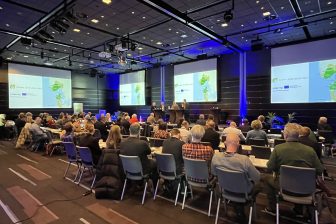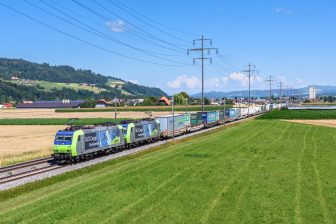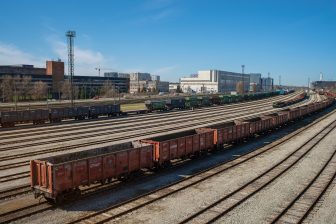
SNCF fails to present appealing rail freight conditions
French National Railway company SNCF has been criticised by the Court of Auditors over its rail freight policy, which does not offer appealing incentives for freight operators. Moreover, the freight division of the company is witnessing a continued revenue decline, which it is unable to turn around.
The court expressed its concern over the fragility of SNCF’s freight operations in a communication to the government ministers, according to a report in thecInternational Railway Journal. SNCF declined to respond to media queries about the critique.
Increase track access charges
Freight operators will face increasing track access charges, which is not consistent with the state’s ambitions for this mode, argued the court. The increase in operational costs has been confirmed in the state’s 2017-2026 contract with infrastructure manager SNCF Network. SNFC has also implemented initiatives such as 44-tonne lorries and abandonment of the ecotax which have harmed the industry. Although the state has expressed support for rail freight, initiatives such as these do not support a modal shift from road to rail, the court stated.
The share of inland freight operations fell from 10.2 per cent in 2008 to 9.5 per cent in 2014. In the same period, freight volumes moved by rail declined by 21 per cent from 40.4 billion tonnes to 32.2 billion tonnes per kilometer. While this could partly be explained by a decline in heavy industries, the court argued it was “aggravated by the poor state of the network, which has seriously degraded the reliability of paths allocated for freight trains, and therefore the quality of service considered essential by shippers, which have therefore switched traffic to other modes.”
Revenue decline
The court targeted in particular rail freight subsidiary Fret SNCF, which has witnessed a continued loss of revenue. The companies’ operating losses have fallen, but still accounted for 23.9 per cent of turnover in 2015. In the same year, the company made a loss of 253 million Euros on revenues of 1.06 billion Euros. Net debt more than doubled between 2008 and 2014 from 1.79 billion Euros to 4 billion Euros and is forecast to reach 5.1 billion Euros by 2020.
According to the court, the cost and working conditions of SNCF staff continues to weigh on its profitability. Average gross pay of Fret SNCF staff increased by 2.8 per cent annually between 2008 and 2014, compared with an average increase of 1.6 per cent across the broader transport sector. Meanwhile, staff absence increased from an average of 10.5 days in 2009 to 12.8 days in 2014.
In 2005 the state injected 1.4 billion Euros in the rail freight division in order to make services more responsive to the needs of customers. Between 2008 and 2015 Fret SNCF cut its workforce from 14,933 to 7420 and sold 101 of its 262 locomotives to locomotive leasing unit Akiem between 2009 and 2011. The court said this highlights the overcapacity in the operator’s fleet during this period. However, despite these efforts, costs remained high.






Thanks for this great report. How much is the average access charge for rail freight cars. Is there any offer for access charge reduction by industry?